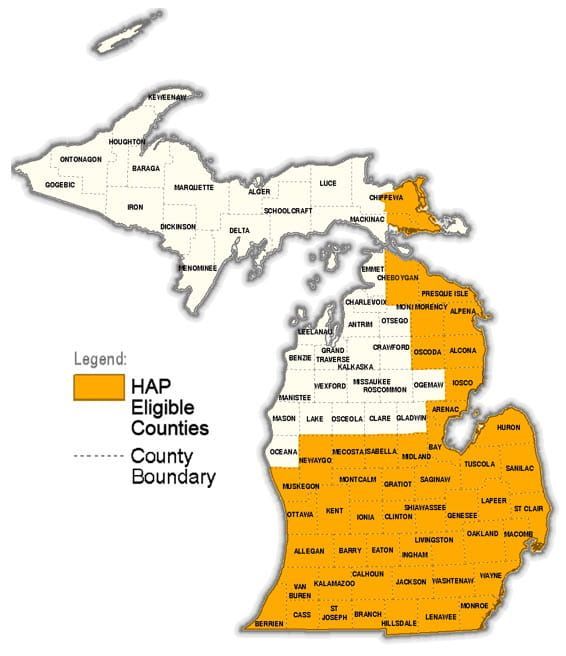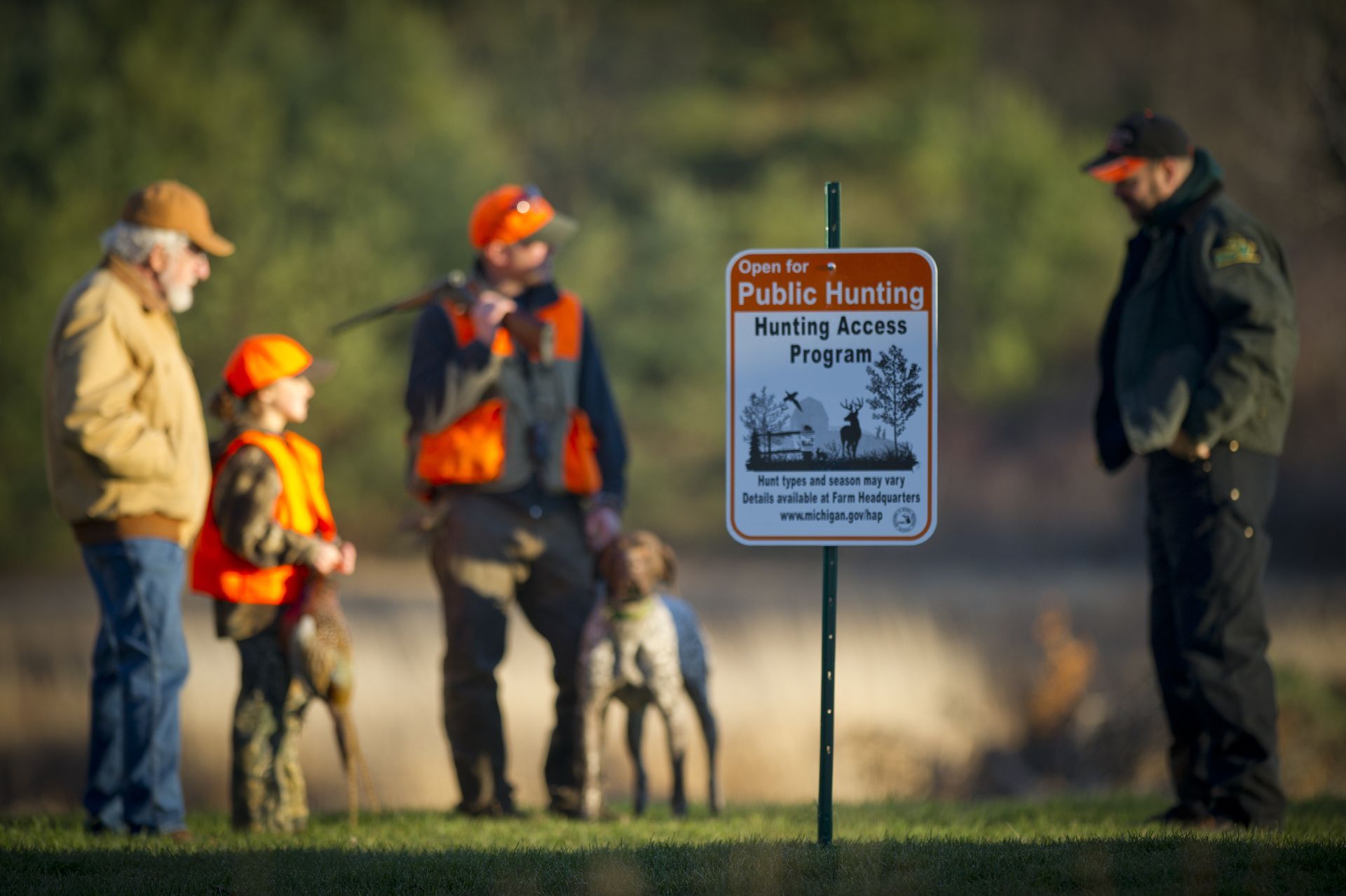Unlocking the Outdoors with the Hunter Access Program
The first wave of Michigan’s spring turkey season is scheduled to start next week on April 19th. If you find yourself without land to bag game species, consider the Michigan Hunting Access Program (HAP). This program was created in 1977 as a solution in response to the majority of the population within the state residing in the lower two-thirds of the state with limited options for public land. Opening these private lands could create more available lands and continue the hunting tradition while providing more opportunities.
Hunters
HAP lands act on a first-come, first-served basis, giving hunters access to more land locally with a mutual benefit for hunters and landowners. To hunt on these lands, there is a registration station at the headquarters of each parcel where hunters can register daily. At these stations, landowners may have instructions listed, however, anyone using the land should not disrespect the land or the owner providing the hunter access. To keep these access lands open, hunters should always be considerate to encourage the growth of the program to reach a greater range of hunters.
Being aware of surrounding activity while you hunt is paramount on any land, but consider where you park or put your equipment so as not to block any trails or access points. Moreover, be sure to observe the property boundaries to be respectful of neighboring lands, in addition to considering the safety zones of buildings. Permission can be granted to place tree stands or build blinds, depending on the landowner; however, do not assume this is acceptable without speaking to the landowner. As a courtesy to those who maintain the lands available through this program, hunters should not enter standing crops to prevent disturbances or destruction. Along with any hunting situation, be sure to follow all regulations for the year by finding the game-specific regulations on the DNR site.

Landowners
This program expands land for hunters to harvest, but it also helps landowners in several ways. Landowners can earn money by providing hunters access to their property through this annual program and get paid at the end of the hunting season. The state offers up to $25 per acre, depending on variables such as land cover quality, number of acres, and hunting options available. Those contributing to the availability of HAP lands in Michigan are free from liability per the Michigan Department of Natural Resources (DNR), according to P.A. 451 of 1994.
In addition to the financial compensation, the HAP program can offer wildlife management through controlling game populations on private land. Land with 40 acres or more is eligible throughout the southern and eastern Lower Peninsula and sections in the eastern Upper Peninsula. These focus regions are based on agricultural areas and regions for disease management. This can be especially helpful for crop farmers experiencing deer or game bird damage, therefore receiving a lower yield. Landowners can also select which species can be hunted on the land for the most adequate control.
Another benefit of enrolling in the access program provides landowners with the ability become eligible to apply for funds to go toward wildlife habitat improvement. If property damage is severe, habitat improvements can be made strategically to encourage wildlife to a natural area instead of crop land. Overall, the benefits of enrollment continually add up throughout the season for both hunters and enrolled landowners.

Learn More
Overall, the benefits of enrollment continually add up throughout the season for both hunters and enrolled landowners. To find active HAP land by county, species, or hunt, visit the Michigan DNR website for a full list. More general information about the Hunter Access program can be found here. If you hunt public lands and want to improve habitat for wildlife, consider joining us at one of our upcoming On the Ground (OTG) projects as we travel statewide.
Recent Posts



